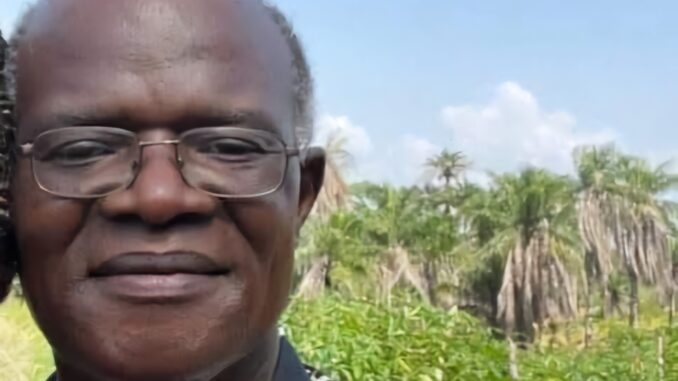
ECOWAS at a Critical Juncture
By Peter A. Dumbuya
On January 28, 2024, the military leaders of Mali, Burkina Faso, and Niger issued a joint statement signaling their intention to withdraw from membership of the Economic Community of West African States (ECOWAS). On December 15, 2024, ECOWAS leaders, gathered in Abuja, Nigeria, acceded to their withdrawal request, consistent with Article 91 of the Revised Treaty of ECOWAS 1993. The withdrawal comes into effect on January 29, 2025, with a six-month transition period. The trio had been under pressure of ECOWAS sanctions to restore civilian constitutional order after military leaders overthrew their respective civilian governments: Mali (August 2020), Burkina Faso (January 2022), and Niger (July 2023). ECOWAS has reaffirmed its commitment, contained in the Protocol on Democracy and Good Governance 2001, to “Zero tolerance for power obtained or maintained by unconstitutional means.”
In announcing their decision to withdraw from ECOWAS and form the Alliance of Sahel States, the junta leaders accused ECOWAS of not doing enough to defeat jihadist insurgencies, linked to al Qaeda and the Islamic State, in their respective states. They also accused ECOWAS of serving the interests of external powers, including France. This situation is the latest in a long series of challenges ECOWAS has had to fend off in nearly a half century of its existence.
Established by sixteen member states in Lagos, Nigeria, in 1975, Article 2 of the Treaty of ECOWAS aimed “to promote co-operation and development in all fields of economic activity …” The Revised Treaty of 1993, which replaced the Treaty of 1975, stated that: “The aims of the Community are to promote co-operation and integration, leading to the establishment of an economic union in West Africa in order to raise the living standards of its peoples, and to maintain and enhance economic stability, foster relations-among Member States and contribute to the progress and development of the African Continent.”
Economic growth and development in the subregion could not take place in the absence of political stability. Many, if not most, of ECOWAS’s founding leaders were military dictators (Dahomey now Benin, Ghana, Mali, Niger, and Nigeria) and heads of de jure or de facto one-party regimes (Guinea, Liberia, and Sierra Leone). In the Declaration of Political Principles of July 1991, ECOWAS made a determination to “promote democracy in the sub-region on the basis of political pluralism and respect for fundamental human rights.”
In 2001 the organization adopted the Protocol on Democracy and Good Governance. The long bucket list of “Constitutional Convergence Principles” of Section 1 (Article 1) seems to have laid the foundation of a durable political order in West Africa. These include, inter alia, separation of powers among the executive, legislative and judicial branches of government; independence of the Bench and Bar; free, fair and transparent elections; zero tolerance for power obtained or maintained by unconstitutional means; popular democracy; adherence to the African Charter on Human and People’s Rights; and freedom of association and of the press. Why these and other principles are being honored more in the breach than in the implementation is at the core of political instability in West Africa. Political instability in turn hampers economic development.
One of the ways ECOWAS can curb political instability is to address its root cause, namely “power obtained and maintained by unconstitutional means.” Recent elections in Senegal and Ghana, and further afield in South Africa, Kenya, and Botswana, underscored poverty/rising cost of living, corruption, and what Transparency International describes as “widespread democratic backsliding” as factors contributing to dissatisfaction with political leadership.
Although ECOWAS, during its December 2024 meeting, reported a 3.8 percent economic growth rate for 2024 (compared to 3.6 percent the previous year), most people are not feeling it due, in part, to persistently high rates of inflation and soaring public debt among member states. Take a look at the 2023/24 UNDP’s Human Development Report. Out of 193 states, Burkina Faso (185), Mali (188), and Niger (189) ranked at the bottom of the Human Development Index for 2022. This is reflected in their individual gross national income (GNI) per capita: Burkina Faso $2,037; Mali $2,044; and Niger $1,072. They, like many other West African states, are grouped under “Low Human Development.” ECOWAS’s response is to urge member states to reform and diversify their economies. It’s not for a lack of resources that the subregion is languishing at the bottom of this and other indices. What is required is management of material resources in a responsible way that promotes the people’s welfare.
Article 2 of ECOWAS’s 2001 Protocol on the Fight Against Corruption stated the following: “The aims and objectives of this Protocol are: i) to promote and strengthen the development in each of the State Parties effective mechanisms to prevent, suppress and eradicate corruption; ii) to intensify and revitalise cooperation between State Parties, with a view to making anti-corruption measures more effective; iii) to promote the harmonisation and coordination of national anti-corruption laws and policies.” This protocol is in addition to the African Union (2003) and UN (2005) anti-corruption conventions that ECOWAS member states have ratified.
In Transparency International’s corruption perceptions index for 2023, Burkina Faso, Niger, and Mali ranked 83, 125, and 136 respectively out of 180 states. Corruption has a negative impact on the provision of public goods and services (infrastructure, education, health and sanitation). The public’s dissatisfaction with underperformance by political leaders in association with a lack of opportunity for socio-economic advancement are critical issues driving political instability and out-migration (or japa, as in Nigeria) of West Africans. The “politics of the belly” (La politique du ventre), of “eating” (illegal accumulation of wealth) (Jean-François Bayart) must give way to the politics of the general welfare.
ECOWAS should be concerned about “widespread democratic backsliding” which contributes to member states’ inability to combat corruption. The Mo Ibrahim index confirms a decade-long deterioration in overall governance performance and anti-corruption measures not only in the trio of withdrawing countries, but also in West Africa generally. All three countries have balked at holding elections leading to the restoration of constitutional order, citing jihadist-inspired insurgencies in the Sahel.
Substituting one former colonial power (France in this case) for another (Russia in Eurasia, and Wagner mercenaries) is not the answer to improving security in the Sahel. For example, since the Arab Spring of 2011, Russia had militarily backed the Syrian regime against various rebel groups that tried to oust it from power. However, within a fortnight in November-December 2024, Russia, bogged down in a “special military operation” in Ukraine, pulled up stakes and flew the Syrian president to Moscow where he now lives in exile. Military regimes are not a permanent solution to political instability, neither is dependence on foreign powers whose interventions in Africa have been and continue to be predatory and extractive.
ECOWAS has navigated critical junctures before, including the civil wars in Liberia and Sierra Leone and election impasse in the Gambia and Cote d’Ivoire, by fielding troops and engaging in diplomacy. What it sorely needs is the political will to look inward and mobilize the various domestic publics and resources for national development. It has to implement the principles that are enshrined in numerous protocols and agreements faithfully, diligently, and in the best interests of the people. It cannot continue to do business as usual. Daron Acemoglu and James A. Robinson (Why Nations Fail: 335) have captured the disappointments and failures of the postcolonial state in Sierra Leone, for instance, when they wrote that: “You Can’t Take the Train to Bo Anymore.”

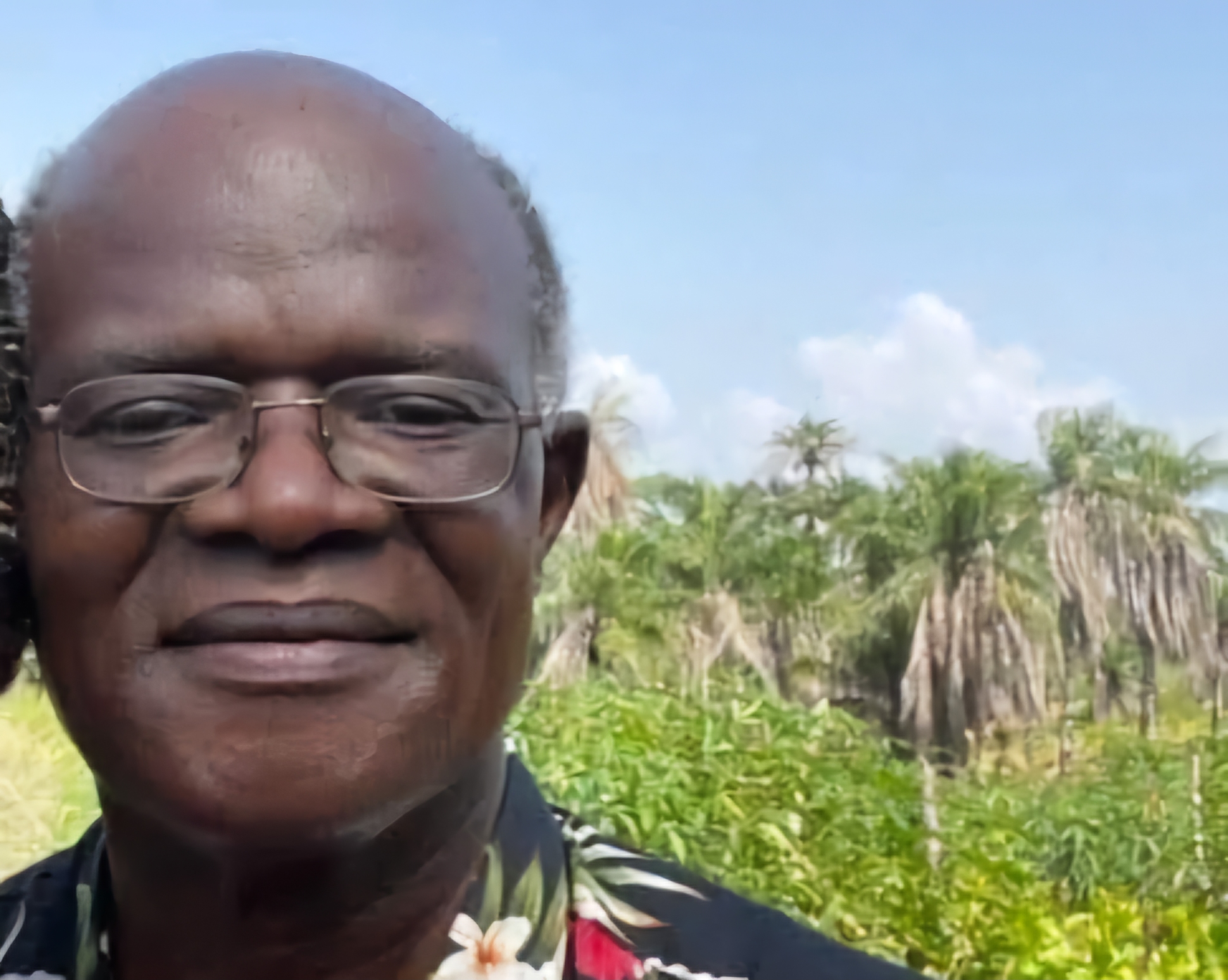
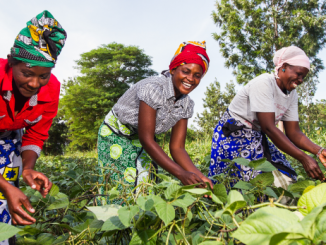
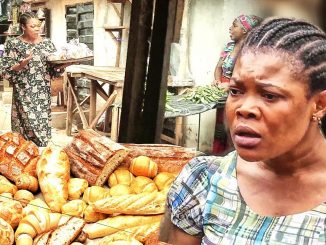
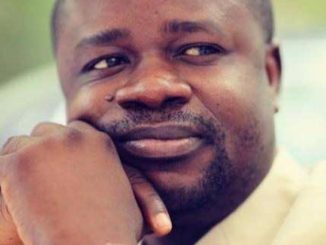
Leave a Reply